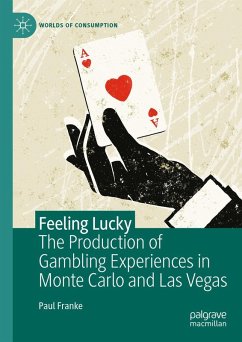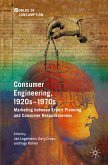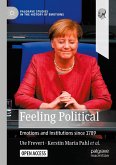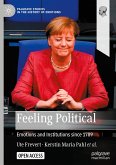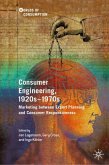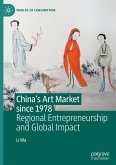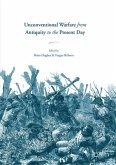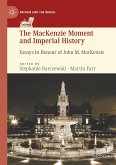Monte Carlo and Las Vegas have become synonymous with casino gambling. Both destinations featured it as part of a broad variety of leisure and consumption opportunities that normalized games of chance and created emotional atmospheres that supported the hedonistic aspects of gambling. Urban spaces and architecture were carefully designed to enable a rapid growth of the casino industry and produce experiences on previous unimaginable scale. Feeling Lucky, is a "making of story," about cities which acquired a strange and captivating allure of mystery around them. It is more than a mere descriptive account, however. Combining urban history, the history of consumption, and sociological approaches it presents a compelling comparative history of Monte Carlo and the Las Vegas Strip between the 1860s and 1970s.
Paul Franke takes the reader on a journey from arriving at the cities, through the carefully planned urban environments and into the famous casinos. The analysis follows the paths contemporary gamblers would have taken, right to the gambling tables and to the shifting gambling practices across a century. Franke shows that casino entrepreneurs succeeded in producing and selling gambling experiences by controlling spaces, adapt leisure practices and appeal to specific markets. Gamblers on the other hand regarded Monte Carlo and Las Vegas as places to engage in games of chance that would allow them to preserve their political, cultural, and moral identities.
Paul Franke takes the reader on a journey from arriving at the cities, through the carefully planned urban environments and into the famous casinos. The analysis follows the paths contemporary gamblers would have taken, right to the gambling tables and to the shifting gambling practices across a century. Franke shows that casino entrepreneurs succeeded in producing and selling gambling experiences by controlling spaces, adapt leisure practices and appeal to specific markets. Gamblers on the other hand regarded Monte Carlo and Las Vegas as places to engage in games of chance that would allow them to preserve their political, cultural, and moral identities.

